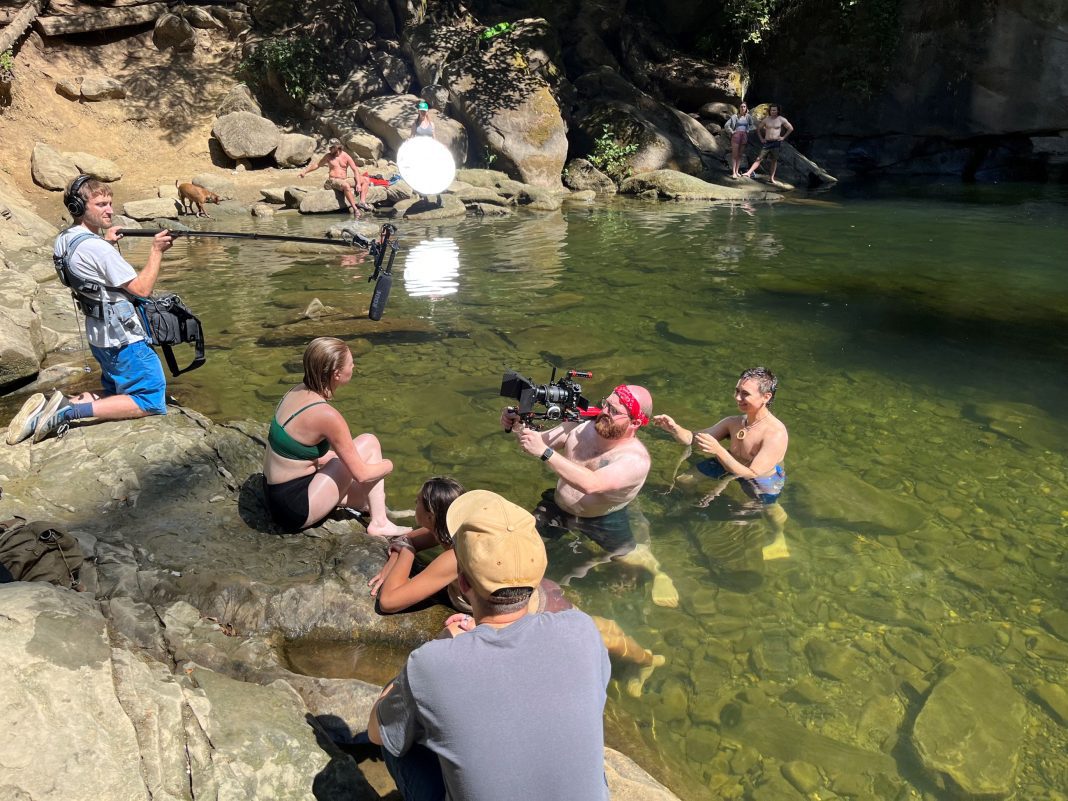A very young Eliott Glasser thought that his love of drawing might lead him to be an architect when he grew up. But a chance encounter with a picture book about the life and work of Hollywood icon Steven Spielberg pointed him in a new direction, and he started making home movies with friends, building his creations shot by shot and scene by scene.
By the time he reached high school, things had gotten more serious. He was shooting with his mother’s Hi8 camera, a handheld device that recorded to compact videotapes, and was editing on a computer, using Windows’ Movie Maker software. And he never missed a chance to get behind the viewfinder.
“I took French all four years of high school and don’t remember most of it,” he says. “But somewhere in a drawer, I have a lot of five-minute-long French movies. Any time we learned a new set of verbs we had to do a presentation, and I would say ‘Madame, can I make a movie?’ All of the teachers were really supportive of that.”
The school incorporated a video production class into the curriculum in time for Glasser’s sophomore year, and he was able to get his hands on newer cameras and upgrade to Final Cut Pro 7 for editing. In addition to his work at school — like making short clips for school announcements — he was also able to make what he now calls his first short films.
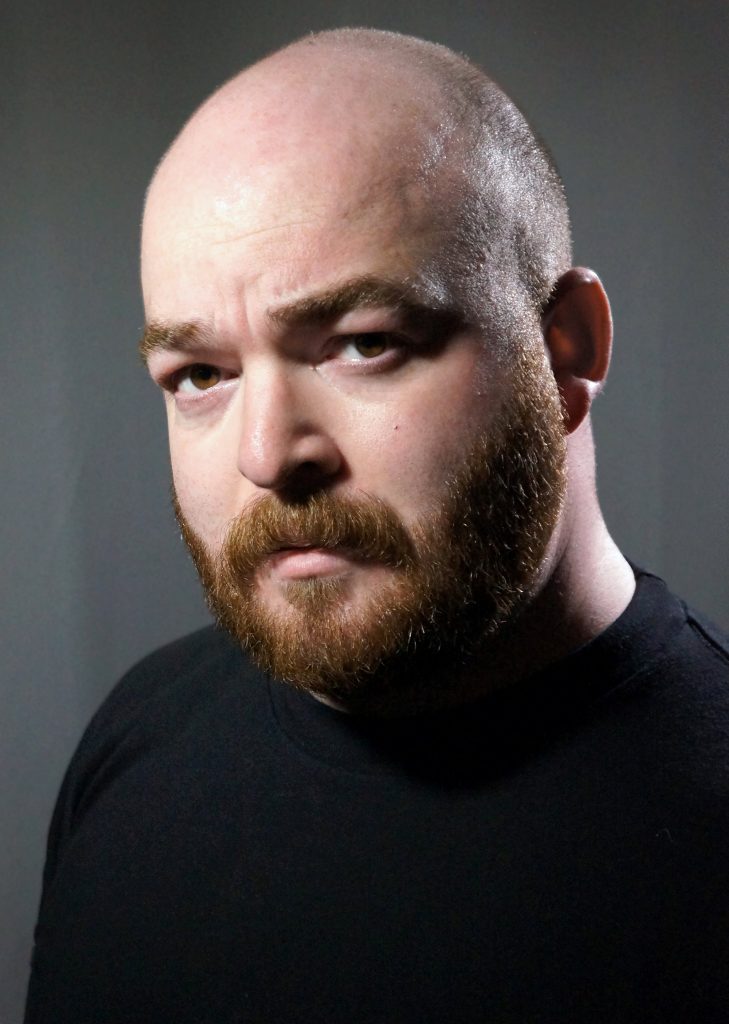
Finding His Place
At the same time, Glasser was discovering his second love in the form of live theatre. For his senior project he wrote a play and directed a group of friends as his cast. With these pieces in place, Glasser realized he had a plan for his future.
“Having the idea of the story in your head, figuring out all the little moments and then willing it into existence by explaining it to people — that cemented it for me,” he says. “I want to be a writer/director. I want the movie to end, and the screen to say: ‘Written and directed by Eliott Glasser.’”
With the vision clear in his mind, Glasser headed to Costa Mesa, California, and the film school at Orange Coast College. “When I looked up the school, the website said, ‘The film school that Hollywood doesn’t want you to know about.’ It was the cheapest one I could find, that I could also get into without having the most exceptional GPA,” he says with a humble smile. The school delivered the education he needed, and introduce him to people who brought him new knowledge and ideas. He found he was able to offer some of the same to his fellow students.
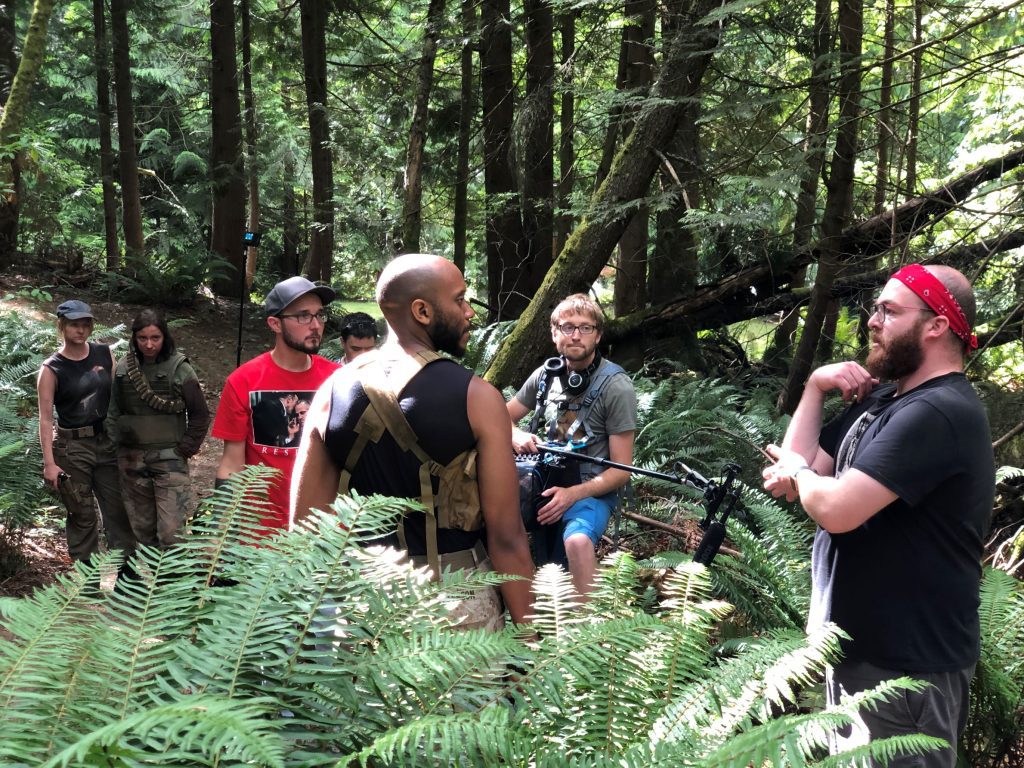
Homecoming
Upon graduation, Glasser had a decision before him: He could stay in Southern California and see what opportunities the industry would offer, or he could head back home and see what kind of opportunities he could create for himself. Considering his lack of meaningful income in the big city, Glasser decided to return to Washington, where he took a job at TV10, Mount Vernon’s education and government access television station.
He spent much of his time filming City Council meetings, but also got experience filming city events on location, creating public service announcements and broadcasting events live. Outside of work, he regularly made the drive to Bellingham to reconnect with theatre, and spent some time acting and writing at iDiom Theater. As he made connections with like-minded creatives, he also began to make short films and music videos with a new set of colleagues.
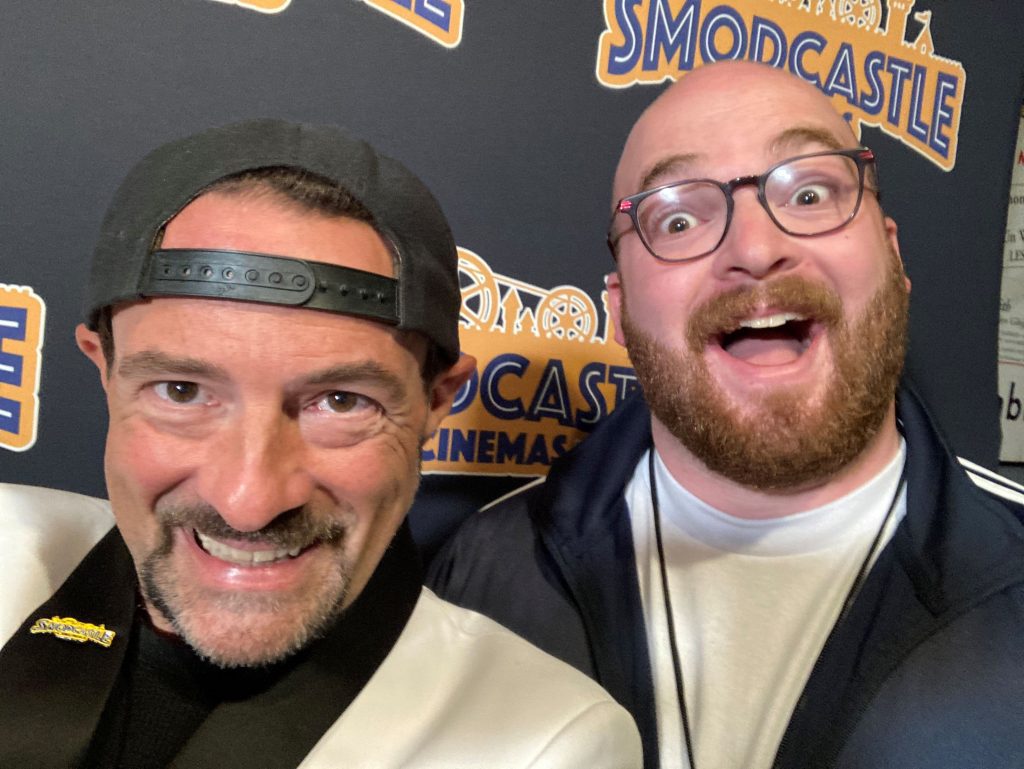
Continuing Education
The time Glasser spent in Bellingham led to a job with the beloved video rental institution Film Is Truth, where he continued his education. Glasser says that a film class will help you understand the technical side of setting up shots, and going to film school will teach you the layers of organization needed to make a project successful — but there’s still more to absorb.
“I learned how to write a movie at film school,” he says, “but I learned how to write a great movie at Film Is Truth, by consuming movies all day long.”
Around the same time, local luminary Gary Washington and his wife Michelle Barklind launched Bleedingham, a small local festival that allows local horror movie fans to shoot and present their own short films during the Halloween season. Over the past decade, it’s grown into a regional and international draw for amateur and devoted lovers of film and horror alike, and Glasser has found himself pulled into its orbit, refining his methods and growing his crew of friends and accomplices.
Growing Within the Community
It’s been a long road from the boyhood fun that got Glasser started to the kind of polished and professional films he makes now. Glasser credits a commitment to the form for much of his growth.
“If you do something long enough, you get more refined,” he says. “If you were a painter, every time you painted something, presumably you would get a little bit better.” But he can’t talk about his successes without mentioning an all-important factor: his film crew.
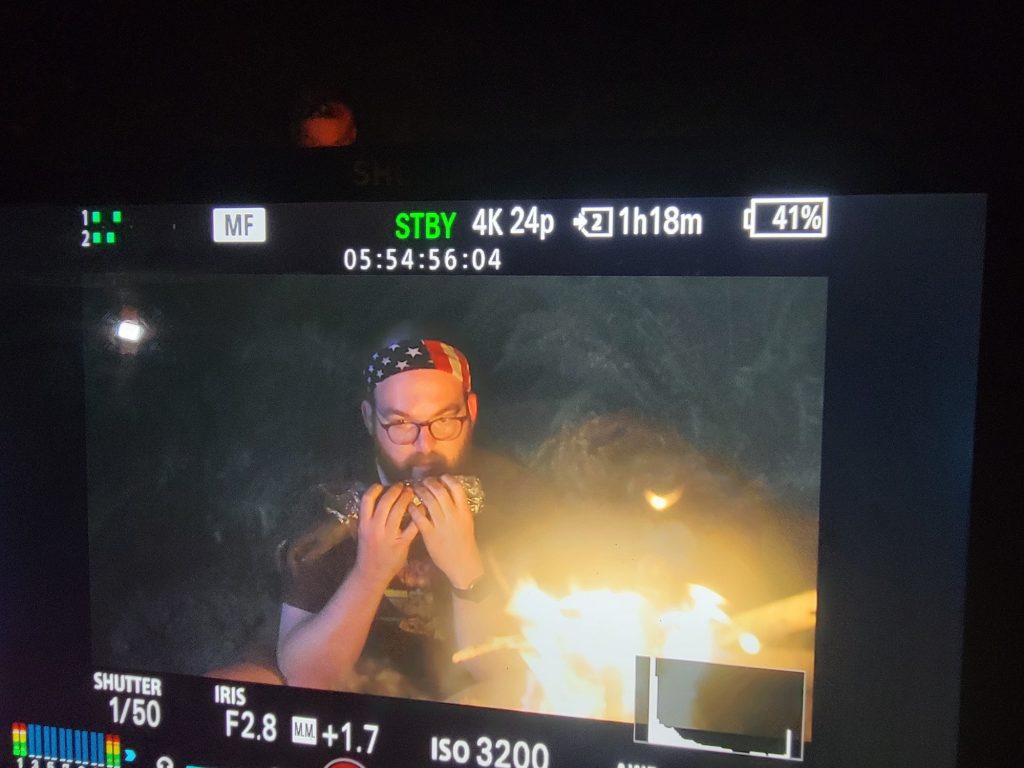
“I can’t remember the exact quote, but Terry Gilliam said the key to being a successful filmmaker is to surround yourself with people who are smarter than you,” he says. “Because film is such a collaborative medium, a change happened when I moved away from doing everything myself and opened myself to working with people who are already good at those things.”
During a stressful moment on set, it Glasser says it helps to remember he’s operating as part of a team. “I had to realize that nobody’s here just because I want to do this,” says Glasser. “Everybody’s here because they believe in the story. They love being on set and making movies.”
By aligning his artistic vision with his practical preparations, and collaborating with talented colleagues, Glasser has created a place for himself in the local film scene, and has begun to reach out to the larger world of film festivals. He recently returned from New Jersey, where his latest project, Vulture, was screened at the Smodcastle Film Festival, founded by director Kevin Smith.
Glasser is certainly open to that kind of broader acceptance, but intends to remain rooted in his hometown. He says the act of creation is enough to keep him working, and the community that surrounds him is up to the task. His website hosts the short films, music videos and animation projects he makes under his Carted Entertainment imprint, as well as artwork and his contact information.





























